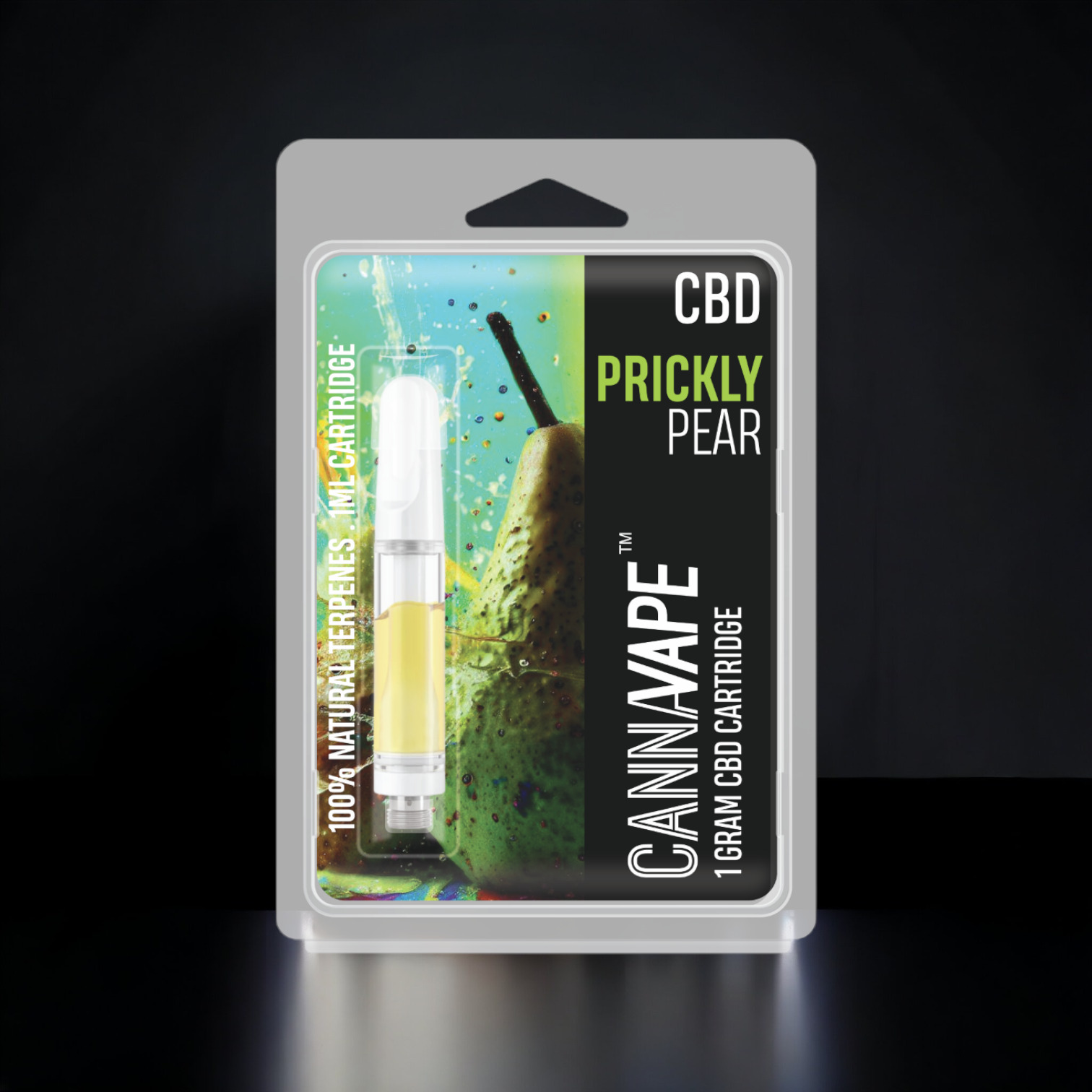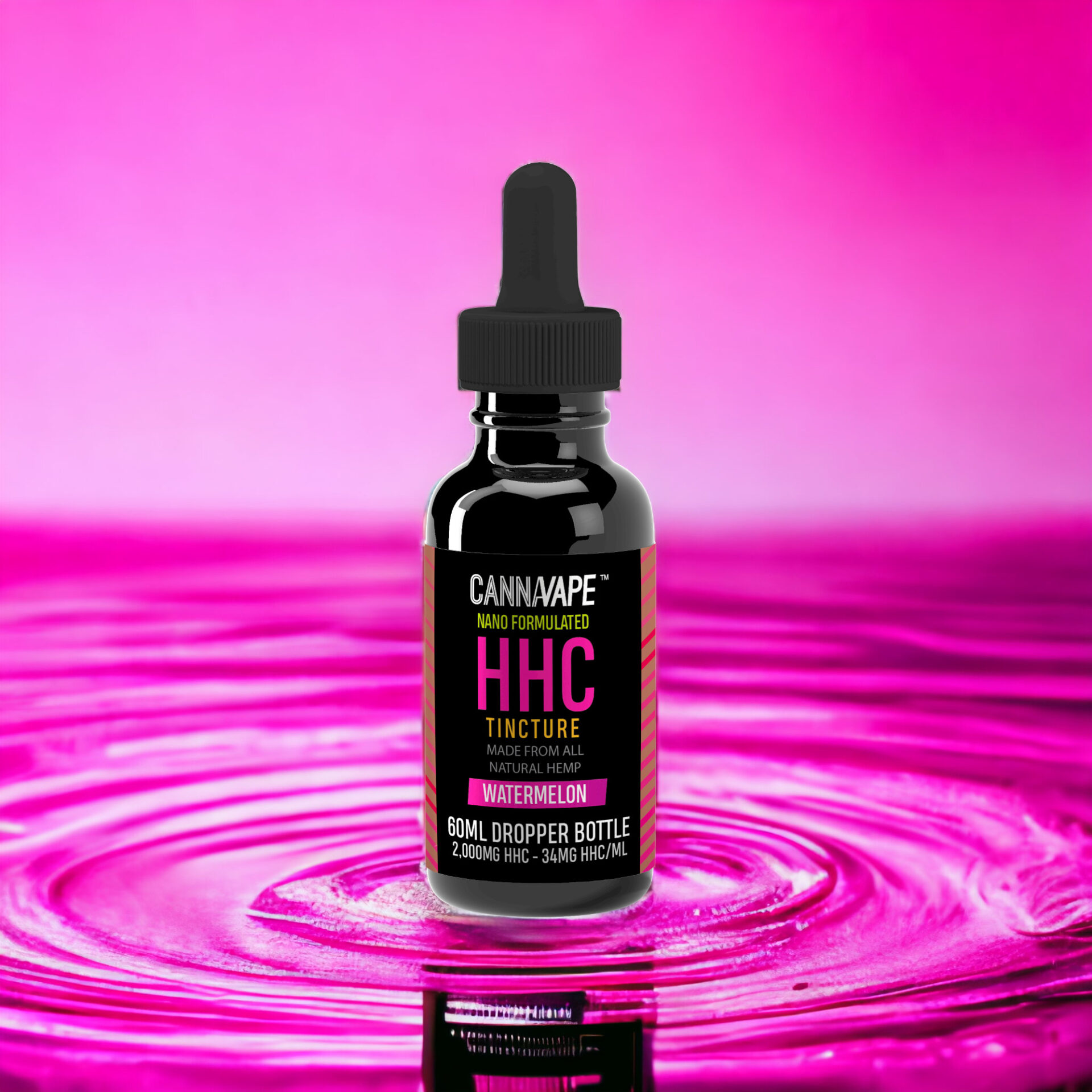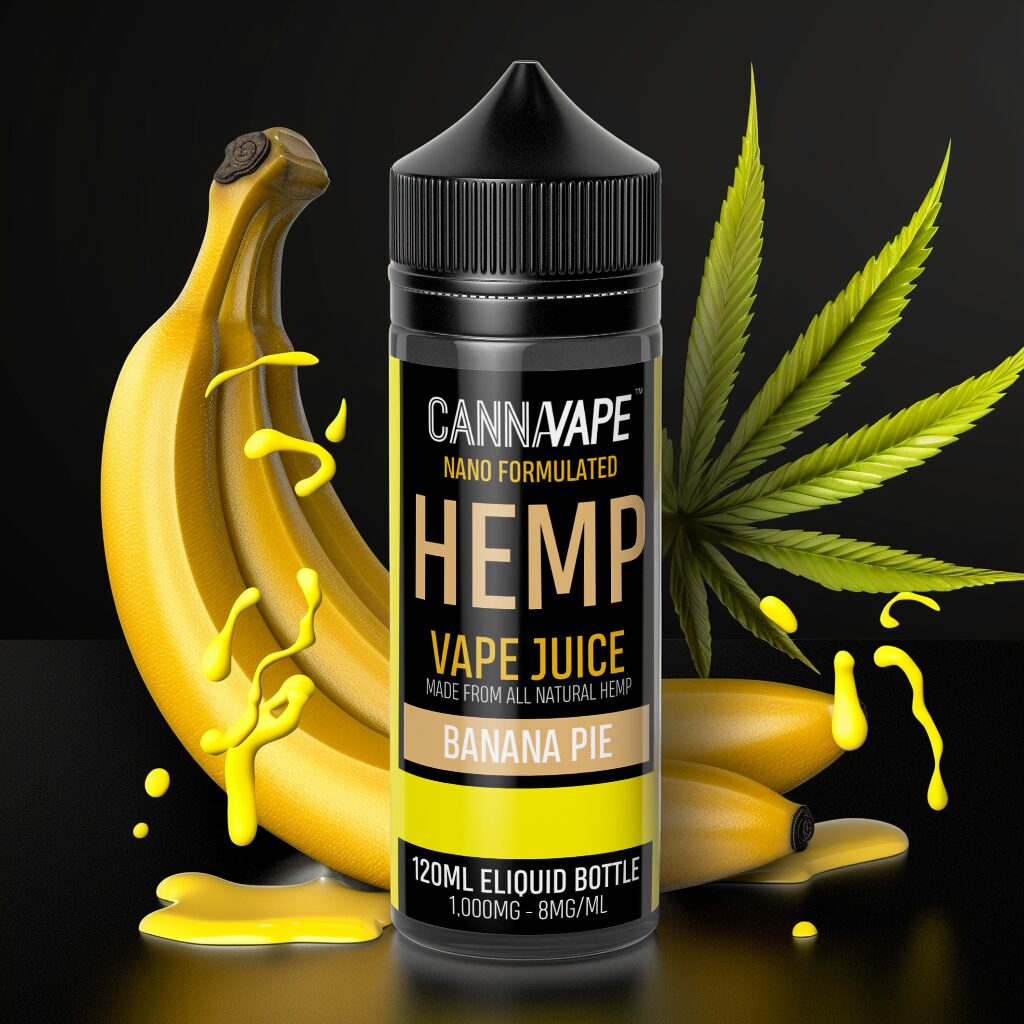Hey there, you may have heard about the latest cannabinoid that’s taking the market by storm – Hexahydrocannabinol (HHC). As a research analyst in this field, I’m here to share with you everything you need to know about HHC.
In simple terms, HHC is a derivative of cannabidiol (CBD) and tetrahydrocannabinol (THC), two of the most commonly known cannabinoids found in cannabis.
Unlike CBD and THC, which are both composed of 21 carbon atoms, HHC has an additional six-carbon chain attached to its molecular structure. This unique composition makes it distinct from other cannabinoids and provides it with several benefits that make it appealing for use in various applications.
In this article, we’ll delve deeper into what exactly HHC is, how it works, and what potential benefits or drawbacks it might have. So buckle up as we explore one of the newest players on the scene: Hexahydrocannabinol!
Understanding Cannabinoids And Their Derivatives
Hexahydrocannabinol (HHC) is a derivative of the popular cannabinoid, cannabidiol (CBD).
As an analog of CBD, HHC shares many similar properties with its parent compound. However, studies have shown that it may possess unique therapeutic potential due to subtle differences in its chemical structure.
Exploring the effects of HHC on various conditions has become a hot topic in medical research. While more clinical trials are needed to fully understand its therapeutic potential, preliminary results show promise for several applications.
For example, some studies suggest that HHC could be effective in treating anxiety and depression by regulating neurotransmitter levels in the brain.
Medical research into HHC is still in its early stages, but interest in this cannabinoid continues to grow. With promising initial findings, researchers will undoubtedly continue exploring the possibilities of using HHC as a treatment option for various ailments.
The future looks bright for this exciting new compound!
How Hhc Differs From Cbd And Thc
HHC has a unique chemical makeup compared to the other two cannabinoids, CBD and THC. It has a higher potency than CBD and a lower potency than THC, making it a great middle-ground option.
Unlike THC, HHC is non-psychoactive, so it won’t produce the same kind of ‘high’ associated with marijuana use.
Plus, HHC is legal in most states, so you can take advantage of its potential medical benefits without worrying about breaking the law.
Chemistry
Hey there! As a Hexahydrocannabinol (hhc) research analyst, I cannot help but feel excited about the unique properties of this cannabinoid classification.
Hhc is an analog of cannabidiol (CBD), which means that it has similar chemical properties as CBD with some slight differences. One key difference between hhc and CBD lies in their molecular structure. While both compounds contain 21 carbon atoms, hhc contains six hydrogen atoms while CBD only has four.
This seemingly small difference in the number of hydrogen atoms can actually have significant effects on how these cannabinoids interact with our bodies. In fact, researchers believe that the presence of these extra hydrogen atoms makes hhc more potent than both THC and CBD.
Furthermore, because hhc shares many similarities with other cannabinoids such as tetrahydrocannabinol (THC) and CBD, it is believed to also offer therapeutic benefits similar to those seen in other cannabis-based products.
In conclusion, exploring the chemistry behind hhc reveals its potential for providing non-psychoactive medical relief without the side effects associated with THC consumption. Understanding how different components of cannabis interact at a chemical level could lead to more effective treatments for various ailments ranging from chronic pain to depression and anxiety disorders.
These are exciting times indeed for the field of cannabis research!
Potency
As a hhc research analyst, I am excited to explore the potency and effects of this cannabinoid. Compared to other high potency cannabinoids such as THC and CBD, hhc has shown promising potential as a non-psychoactive alternative for medical relief.
Some studies have suggested that hhc may be even more potent than THC and CBD due to its unique molecular structure containing six hydrogen atoms instead of four. This additional chemical component could allow HHC to interact with our bodies in different ways, potentially leading to stronger therapeutic benefits.
By understanding how hhc differs from other cannabinoids at the molecular level, we can gain insight into how it could be used in treating various ailments.
Research into these complex interactions is ongoing and exciting new discoveries are being made all the time. As we continue exploring HHC’s full potential, there is great hope for developing effective treatments that provide safe and lasting relief without unwanted side effects.
Potential Benefits Of Hhc
As a Hexahydrocannabinol (hhc) research analyst, I am excited to explore the potential benefits of this compound. The fact that hhc is derived from cannabis makes it an interesting topic for further investigation, as cannabis has been used medicinally for centuries.
In addition, there are already anecdotal reports of individuals experiencing positive effects from using hhc. Exploring efficacy will be crucial in determining whether or not hhc can provide significant health benefits. Clinical trials will play a key role in gathering data to support these claims.
While we may have some initial evidence suggesting that hhc could be beneficial for certain conditions such as chronic pain and anxiety, more rigorous testing is necessary before we can make any definitive conclusions. As researchers continue to delve into the potential therapeutic uses of hhc, it’s important to remain open-minded but also cautious.
Although early results look promising, more work needs to be done before we can fully understand how this compound works and what its limitations might be. It is only through thorough clinical trials and careful analysis that we will be able to determine whether or not hhc truly lives up to its hype as a potentially powerful medicinal agent.
Potential Drawbacks Of Hhc
When considering the potential drawbacks of HHC, it’s important to look at both short-term side effects and long-term health risks.
In the short-term, HHC can cause drowsiness, dizziness, and confusion.
Over the long-term, it could lead to increased risk of liver damage and reduced cognitive functioning.
Knowing these potential risks, it’s important to weigh the pros and cons before using HHC.
Short-Term Side Effects
As a hhc research analyst, it is essential to explore the potential drawbacks of this new cannabinoid. One aspect that needs attention is its short-term side effects. While many users may not experience any adverse reactions, some common reactions have been reported.
Some individuals might experience dizziness or lightheadedness after using HHC. This effect could be due to changes in blood pressure or heart rate caused by the compound. Others might feel fatigued or sleepy, making it difficult to concentrate on tasks that require alertness. Common strategies for managing these symptoms include drinking water, resting and taking breaks from activities as needed.
Another short-term side effect of Hexahydrocannabinol is dry mouth, also known as cottonmouth. The substance can interfere with saliva production, leading to an uncomfortable sensation in the mouth and throat. Drinking fluids regularly can help alleviate this symptom while consuming hard candy or chewing gum has also been found helpful.
Overall, despite these minor issues associated with short-term use of HHC, further studies are required to determine if there are any long-term health risks involved when using this substance.
Long-Term Health Risks
As previously discussed, short-term side effects are a concern when it comes to using Hexahydrocannabinol (HHC). However, another aspect that must be explored is the potential long-term health risks associated with this new cannabinoid. While current research on HHC’s long-term consequences is limited, there are still some possible risks worth considering.
One of the primary concerns regarding HHC’s long-term use is its effect on mental health. Since cannabinoids interact with receptors in the brain, prolonged exposure may lead to alterations in mood and cognitive function. Studies have shown that chronic cannabis use can result in memory impairment, reduced attention span and even psychosis-like symptoms such as hallucinations or delusions.
Another critical area for investigation is the impact of HHC on physical health. Regular usage could potentially cause respiratory problems since smoking remains one of the most common methods of consumption. Additionally, chronic cannabis exposure has been linked to cardiovascular disease, lung cancer and other serious medical conditions. Therefore, individuals who plan to consume HHC should exercise caution and consider alternative delivery methods like edibles or vaporizers.
In conclusion, while further studies are necessary to confirm any long-term health risks related to Hexahydrocannabinol use completely, it is essential to understand its potential implications thoroughly. As researchers continue exploring novel cannabinoids’ therapeutic benefits and drawbacks, we must remain vigilant about examining their safety profiles carefully. By doing so, we can better inform consumers about making informed decisions regarding their well-being.
Future Of Hhc In The Cannabis Industry
Imagine a world where cannabis products can be enjoyed without the psychoactive effects of THC. This is where Hexahydrocannabinol (HHC) comes in as an innovative solution for the industry.
As research on this compound progresses, it has become clear that HHC may offer unique benefits not found in other cannabinoids.
One of the most exciting aspects of HHC is its potential to meet market demand for non-psychoactive cannabis products. With more consumers interested in incorporating CBD into their daily routines, HHC provides a way for them to experience the benefits of additional cannabinoids without feeling ‘high’. In fact, early studies suggest that HHC may have therapeutic properties similar to CBD and even THC.
As we move towards the future of the cannabis industry, it’s important to consider how innovation like HHC can shape both consumer behavior and product development. While there are still many unknowns about this cannabinoid, market demand indicates that there is significant interest in exploring its potential uses.
As such, companies who prioritize researching and developing new applications for HHC will likely have a competitive edge in meeting evolving consumer needs.
Frequently Asked Questions
How Does Hhc Compare To Other Lesser-Known Cannabinoids Such As Cbn Or Cbg?
HHC vs CBN: Which is more effective in terms of medicinal potential?
As a research analyst focused on exploring the benefits of lesser-known cannabinoids, it’s important to consider both HHC and CBN.
While CBN has shown promise as an anti-inflammatory agent and pain reliever, HHC offers unique properties that make it stand out.
With its potent psychoactive effects and ability to potentially treat anxiety and depression, HHC may have a wider range of therapeutic applications compared to CBN.
Additionally, CBG also presents exciting possibilities in treating conditions such as glaucoma and cancer.
Overall, further research is needed to fully understand the medicinal potential of these cannabinoids, but they offer promising avenues for developing new treatments for various health issues.
Are There Any Known Side Effects Or Risks Associated With Using Hhc?
When it comes to using Hexahydrocannabinol (HHC), it’s important to consider both its potential benefits and risks.
While research on this particular cannabinoid is limited, there are some known side effects associated with cannabis use in general that may apply. These can include dry mouth, dizziness, changes in appetite, and impaired coordination.
Additionally, because the regulation of HHC products varies by region and country, it’s crucial to take safety precautions when purchasing or consuming them. This might involve researching a product before buying it, starting with low doses if new to HHC use, and avoiding driving or operating heavy machinery while under its influence.
By being mindful of these factors, individuals can make informed choices about whether or not HHC is right for them.
What Methods Of Consumption Are Available For Hhc?
When it comes to consuming Hexahydrocannabinol (HHC), there are a variety of options available.
Edible options, such as gummies or baked goods infused with HHC, provide an easy and discreet way to consume the compound.
Inhalation methods, including vaping or smoking HHC flower or concentrates, can offer faster onset times and stronger effects.
It’s important to note that inhalation methods may carry additional risks due to the potential for lung damage from smoke or vapor.
Overall, choosing a consumption method for HHC will depend on personal preference and individual health considerations.
Is Hhc Legal In All States?
HHC legality is currently subjected to state regulations. It is important to check with your state’s laws before purchasing or consuming HHC products.
However, some states have already legalized the use of cannabis-derived compounds for medical purposes, and HHC may potentially offer health benefits such as pain relief and anxiety reduction.
Before using any new product, it is essential to understand proper dosage and consumption methods to avoid any adverse effects.
As a HHC research analyst, I suggest consulting with a healthcare professional first if you are interested in incorporating this compound into your wellness routine.
How Does Hhc Interact With Other Medications Or Supplements?
Potential contraindications and dosing recommendations are crucial factors to consider when taking Hexahydrocannabinol (HHC) alongside other medications or supplements.
As an HHC research analyst, it is important to note that the effects of HHC on drug metabolism enzymes may lead to potential interactions with certain drugs, such as blood thinners or antiepileptic medication.
Additionally, high doses of HHC have been associated with adverse side effects like dry mouth and dizziness.
Therefore, it is recommended to consult with a healthcare provider before adding HHC into your supplement regimen, especially if you are currently taking medication.
Proper dosing and close monitoring can ensure safe use and avoid any potential negative outcomes.
Banana Pie Hemp-Derived Vape Juice
Conclusion
As a research analyst in the field of Hexahydrocannabinol (HHC), I can confidently say that this lesser-known cannabinoid has shown promising potential in terms of its therapeutic benefits. Compared to other cannabinoids such as CBN or CBG, HHC appears to have a stronger affinity for certain receptors in the body, which may contribute to its unique effects.
However, it is important to note that there are still many unknowns regarding HHC and its safety profile. While there have been no reported serious side effects associated with using HHC, more research is needed to fully understand any potential risks or interactions with other medications or supplements.
Additionally, it is crucial to ensure that HHC products are obtained from reputable sources and comply with all applicable laws and regulations.
Overall, while HHC shows promise as a potentially beneficial cannabinoid, further research is necessary before making definitive conclusions about its efficacy and safety. As an analyst in this exciting field of cannabis science, I am eager to continue monitoring developments surrounding HHC and other emerging cannabinoids.







